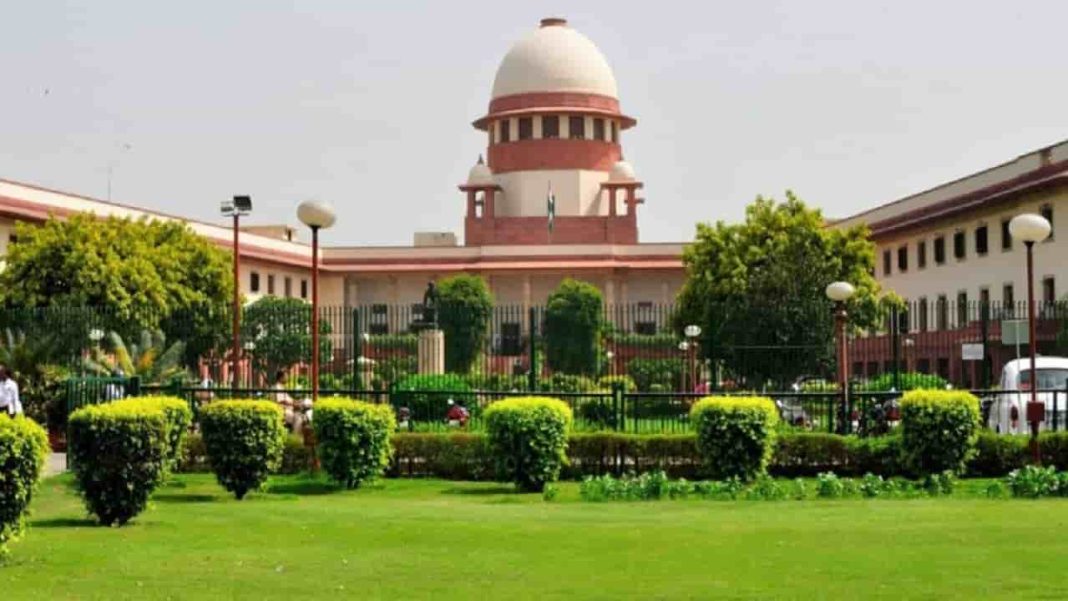The Supreme Court has issued notice on a petition challenging the ongoing recruitment process of Judicial Members for the 19 Central Administrative Tribunals (CATs) across the country.
The Bench of Chief Justice of India (CJI) D.Y. Chandrachud, Justice P.S. Narasimha and Justice J.B. Pardiwala passed the order on a petition filed by the State of Himachal Pradesh, challenging the internal shortlisting criteria fixed by the search-cum-selection committee operating under the Department of Personnel and Training, Government of India.
Additional Advocate General of Himachal Pradesh, Rajinder Singh Dogra contended that as per the internal shortlisting criteria fixed by the committee, Advocates having crossed the age of 57 years were deemed to be ineligible for appointment as Judicial members of CAT.
The AAG submitted that this violated Section 3 and 5 of the Tribunals Reform Act, 2021, which explicitly mentioned that the minimum age for appointment was 50 years and maximum age for retirement was 67 years, with four-year renewable tenures.
He pointed out that the vacancy circular issued in December 2022 retrospectively changed the selection process which had already started, noting that the rules of the game could not be changed retrospectively.
As per the plea, there was no scope in the statutory provisions for the search committee to fix an internal criteria on the basis of age. The search-cum-selection committee constituted under it shall decide the suitability on the basis of three categories being qualification, experience and personal interaction. However, the selection committee did not have the power or authority to fix an internal criteria for selection of candidates on the basis of their age, it added.
The petition further argued that the internal selection criteria, which was adopted by the committee, could not be in derogation of eligibility conditions, which had already been prescribed.
It said different criteria for the same eligibility condition and for the same post was manifestly arbitrary in nature. This was violative of Article 14 of the Indian Constitution.
The petition further said that manifest arbitrariness in question was concerning the internal criteria of maximum age being proposed only for Advocates seeking recruitment to the post of judicial members and not for former judges.
The internal criteria fixed by the Committee was contrary to the Vacancy Circular as-well as the Tribunal Reforms Act, 2021, it noted.
The AAG sought quashing of the internal criteria, besides ensuring that the recruitment process was carried out in accordance with the Vacancy Circular.
Senior Advocate Vinay Navre argued the writ petition, which was drawn by Advocate Aditya Manubarwala and filed by Advocate-on-Record (AOR) Bharat T. Manubarwala. Romit Nandan Sahai, Akriti Manubarwala, Tanishka Grover and Nikhilesh Koundinya assisted them.
(Case title: Rajinder Singh Dogra vs Union of India)


